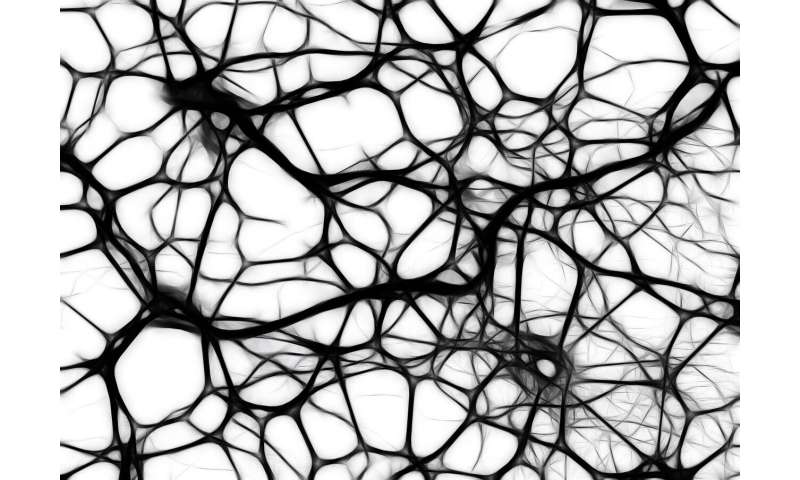
Researchers have discovered that a defective form of the protein aortic carboxypeptidase-like protein (ACLP) from patients with Ehlers-Danlos syndrome (EDS) is retained in cells and induces cellular stress. This finding may provide targets for pharmacologic and therapeutic interventions in treating individuals with EDS as well as wound healing disorders and fibrosis.
EDS is a prevalent genetic disease that results in weakened connective tissues. This disease results in joint hypermobility, vascular disruption, and aberrant wound healing. Mutations in the gene that encodes for ACLP have recently been identified to cause a novel variant of EDS. Furthermore, excessive amounts of ACLP cause fibrosis in multiple organs including the lung, liver, and adipose tissue.
Researchers from Boston University School of Medicine (BUSM) and College of Engineering identified mechanisms that control ACLP secretion in vascular cells and fibroblasts. Detailed characterization of a mutant form of ACLP identified in an EDS patient revealed that this protein was retained in cells. They then generated collagen fibers in vitro that contained ACLP. Compared to collagen only controls, they found that fibers with ACLP exhibited increased mechanical properties consistent with a function in maintaining connective tissue integrity.
“We discovered that an EDS-causing mutation in ACLP hinders its secretion and induces cellular stress. We also identified that ACLP contributes to collagen fiber mechanics which may explain in part how ACLP contributes to connective tissue function,” explains corresponding author Matthew D. Layne, Ph.D., associate professor of biochemistry at BUSM.
According to the researchers, many human pathologies are the result of improper protein processing. “Our study provides new information on the mechanisms of ACLP secretion from cells. Research in these areas add to the continued understanding of protein processing and secretion and their connections to human connective tissue disease.”
Layne and his collaborators were the first to show that ACLP contributes to the mechanical strength of collagen fibers that make up numerous connective tissues including ligaments, tendons, and cartilage.
Source: Read Full Article
